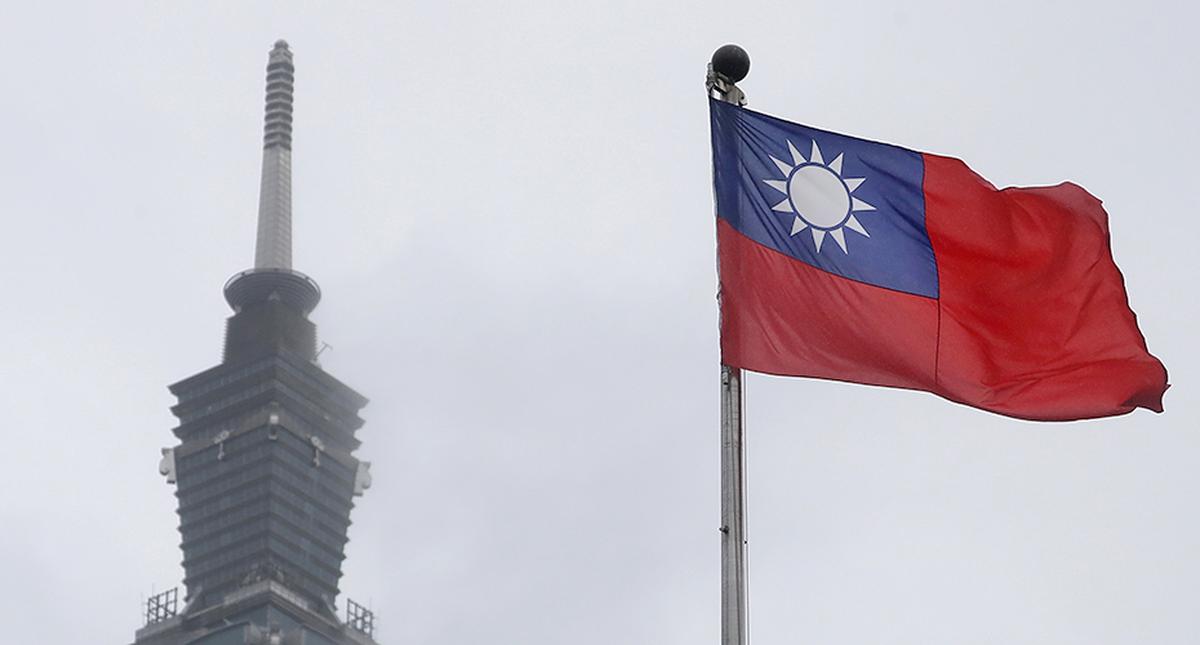China’s bold claim and its limits
China has publicly announced a bounty for information to help capture 18 individuals it says are members of Taiwan’s military psychological operations (PsyOps) division. The Xiamen Public Security Bureau published their names, photos, and identity card details, alleging they led campaigns of disinformation, operated illegal radio broadcasts, manipulated public opinion, and developed propaganda games to promote “separatism.”
China is offering up to 10,000 yuan (approx. US $1,400) for valid tips that lead to arrests. 
Yet, this move is widely seen as largely symbolic. Taiwan’s intelligence and military personnel generally do not operate openly in mainland China, and China’s legal system has no real jurisdiction over Taiwan’s territory.
Taiwan’s swift and firm rejection
Taiwan’s Defence Ministry responded harshly, calling the accusations an example of China’s “authoritarian thinking” and a cognitive warfare tactic meant to divide people and degrade trust in its government. Taiwan dismissed the bounty as intimidation and stressed that China’s legal claims over Taiwan have no legitimacy.
This latest incident follows similar threats: in June 2025, China announced bounties for 20 individuals it alleged were Taiwanese military hackers. Taiwan also rejected that claim and said it would not be cowed.

What motivates Beijing and what it hopes to accomplish
-
Signal of long-arm jurisdiction
By naming individuals and offering bounties, China signals that it views Taiwan’s security activities as subject to its domestic law attempting to project control beyond its borders. -
Psychological and information warfare
The move can amplify fear, self-censorship, and uncertainty within Taiwan’s intelligence, military, or even civil society. It adds pressure to Taiwan’s operations in the information domain. -
Narrative framing
In its official media, China frames itself as defending sovereignty and cracking down on “separatism”; in doing so, it aims to shape both domestic and international perception of Taiwan as a security threat. -
Testing reactions and limits
How Taiwan and its allies respond offers Beijing signals on the strength and constraints of Taiwan’s diplomatic, military, and intelligence posture.
The bigger picture: rising tension in the Taiwan Strait
In a broader defense report published shortly before the bounty announcement, Taiwan warned that China is intensifying its grey zone tactics short of war but imposing pressure via cyberattacks, influence operations, undersea cable sabotage, and military drills.
“In recent years Beijing has stepped up mixed‑tactic operations using manipulated media, fabricated video content, and advanced tech‑driven tools aiming to influence Taiwanese public opinion and weaken trust in state institutions.
The timing of the bounty also came just after Taiwanese President pledged to strengthen defense and called on China to abandon forceful reunification. Beijing responded sharply, labelling Lai a war-maker. Also Read: China issues bounty for 18 officers in Taiwan’s ‘psychological warfare unit
conclusion
China’s decision to issue a bounty for Taiwan’s PsyOps personnel is striking, but its practical impact is limited. The move is more of a signal than a feasible enforcement measure. Taiwan, for its part, rejects the legitimacy of China’s claim and appears poised to intensify its information defenses.


